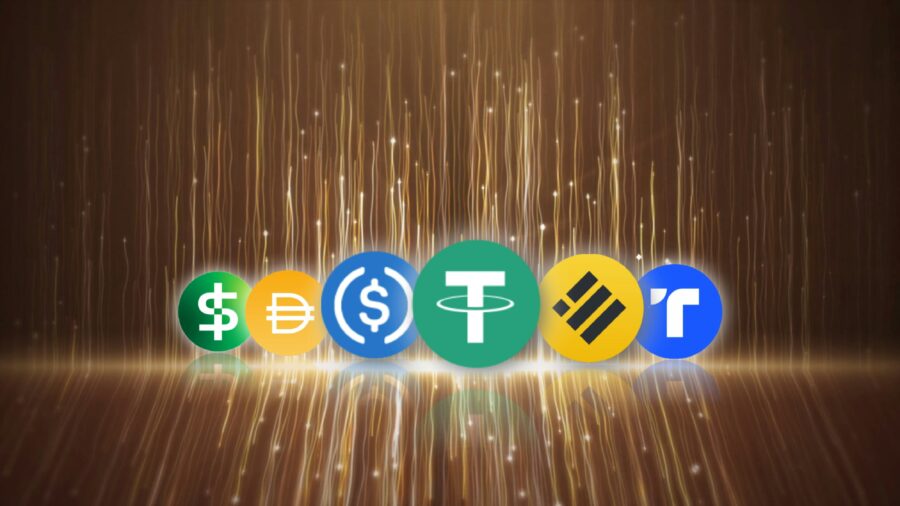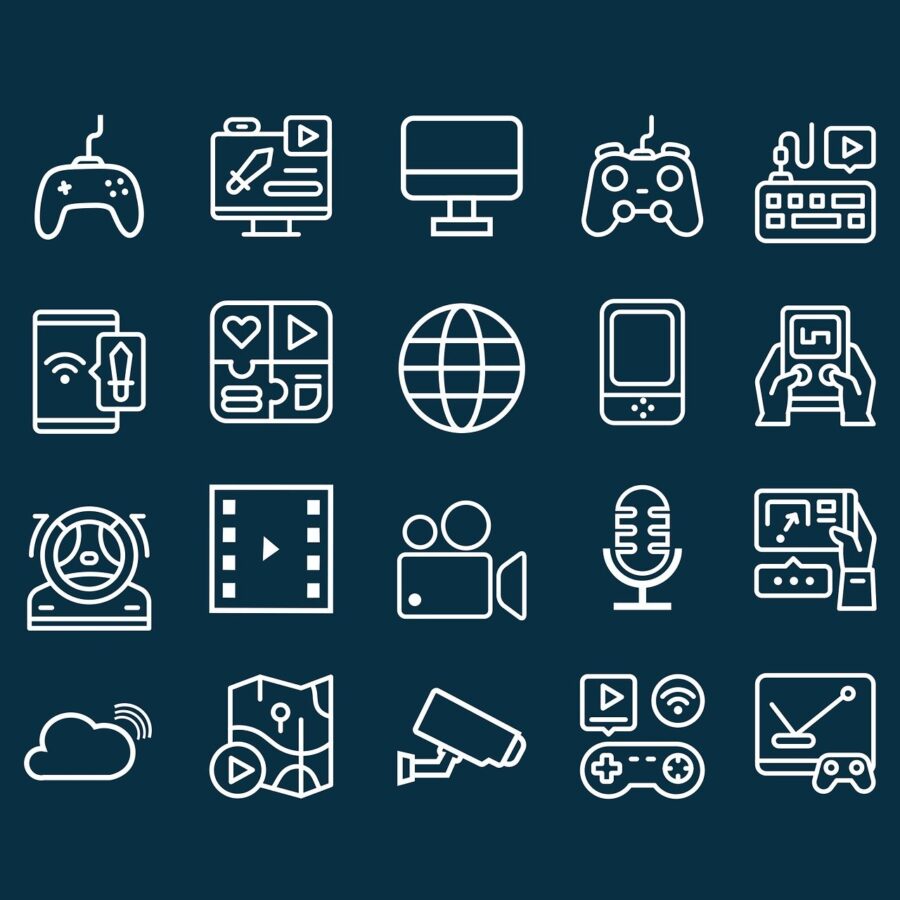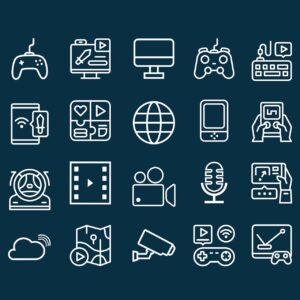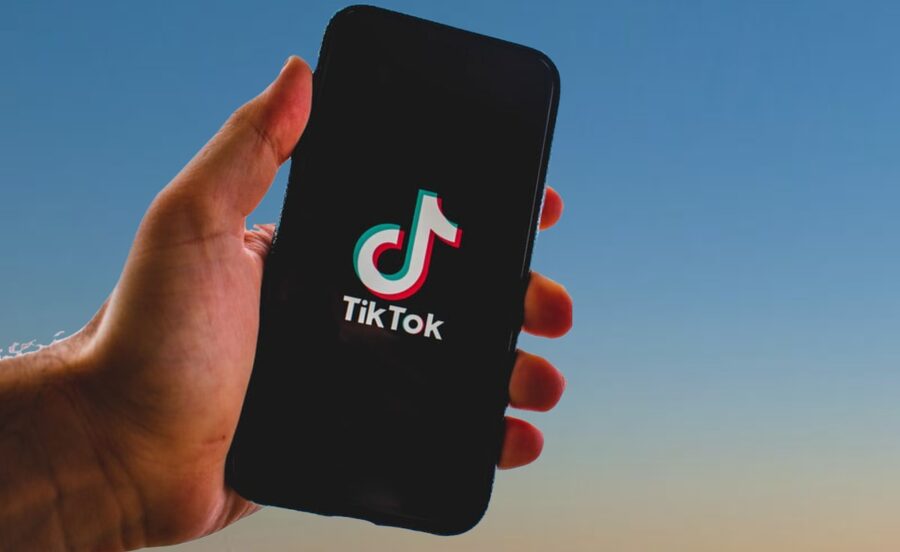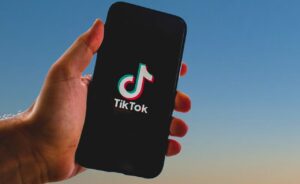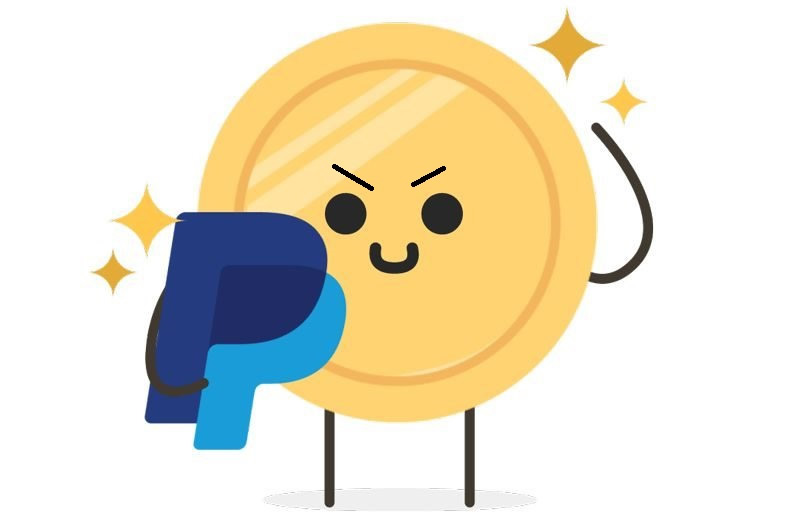The Genius Act and The Rise of Federally Regulated Cryptocurrency
By: Kira Johnson
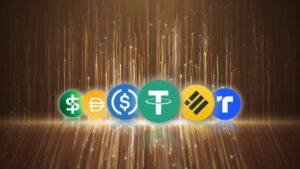
I. Overview
On July 18, 2025, President Trump signed the Guiding and Establishing National Innovation for US Stablecoins Act, known as the GENIUS Act (the “Act”), into law.[1] Now, federal and state regulators are tasked with creating the rulemaking necessary to implement the Act, including capital requirements and risk management policies.[2] The GENIUS Act will become effective on the earlier of two dates: (1) eighteen months after the date of enactment or (2) 120 days after a primary federal payment stablecoin regulator issues final implementing regulations.[3]

